Common Lanka candidate excites popular imagination

THE presence of a Tamil common candidate would mean that the Tamil voter in the north and east would lose the option of voting for one of the three candidates who will become the next president of the country, writes Jehan Perera
THE question mark that hangs over the presidential election due in October this year is not going away. The answer to it keeps getting put off. The latest is the government’s proposed constitutional amendment to eliminate ambiguity in the term of the president from six to five years. The Supreme Court has thrice affirmed the legitimacy of the 19th Amendment which reduced the term of the presidency. Academic scholars such as Dr Nihal Jayawickrama have raised the question why nine years later, without any issue having been raised by the Supreme Court or by any other court or tribunal, or in parliament, or in any other forum, the government proposes to amend the constitution for the sole purpose of replacing the words ‘six years’ with the words ‘five years’.
In the meantime, the Supreme Court has dealt severely with a fundamental rights petition before it that sought the postponement of the presidential election. The petition filed in the Supreme Court requested the court to prevent the election commission from declaring the next presidential election. The petitioner argued that the 19th Amendment to the constitution, which reduced the president’s tenure to five years from six, was not passed properly.
These manoeuvrings taking place in Colombo have not excited the imagination of the potential voters in the north. They appear to be least interested in them perhaps because it is a matter outside of their control. I spent three days in the north, in Vavuniya, Jaffna and Kilinochchi, along with the Ven Kalupahana Piyaratana and Visaka Dharmadasa who led a dialogue process that culminated in a document signed by several Buddhist monks and a section of the Tamil Diaspora better known as the ‘Himalaya Declaration.’ This sets out some basic principles on which a mutually acceptable solution to the long festering ethnic conflict in the country may be resolved but which needs to be amended, fleshed out and developed through a larger dialogue process.
During the three days in the north, we met with a considerable number of civil society members, activists and academics. There was much goodwill, and also some passion, when it came to engaging in discussions on the way forward to national reconciliation and a just and mutually acceptable solution. They said that they were ready for reconciliation but wanted to know what the government and the south was offering. It was notable they did not evince interest in the constitutional shenanigans that capture interest in the south.
Federal option
THE issue that the intelligentsia in the north are currently grappling with is the issue of whether or not to support the advent of a common Tamil candidate for the forthcoming presidential election. The proponents of the move are aware that a Tamil candidate put forward seeking the votes of the Tamil people in the north and east where the Tamil speaking people are an overwhelming majority, will not be able to win the presidential election. What they hope to achieve by this exercise is to send a message to the national polity and especially to the international community that the Tamil people have not given up on their aspiration for a political solution based on federal principles.
Less than a decade after the county obtained its independence from British colonial rule, the Tamil polity opted for a federal system of governance that would give the Tamil speaking people in the north and east the power to make laws for that part of the country in which they were a majority. They did so after a string of defeats in parliament in which they were confronted with the parliamentary strength of the permanent ethnic majority that took away their rights to citizenship (of the Tamils of recent Indian origin) and to equality of language (of Tamils and Muslims). If the common Tamil candidate at the presidential election were to obtain a high proportion of the Tamil vote in the north and east, this would be evidence of the continued aspiration for a federal solution.
A federal system of government in which there will have a constitutionally guaranteed system of power sharing would be in contrast to the present provincial council system. Provincial councils have been in abeyance for over five years due to the political self-interest of those who have been in the seats of power in government violating the constitution itself at times.
A second reason for the proposal to have a common Tamil candidate is due to the divisions that currently exist within the Tamil polity. The political alliances that different Tamil political parties formed are now in disarray. The political divisiveness has also extended into the political parties themselves that are unable to decide on their leadership or on their policies. This has motivated civil society leaders to mobilise a large number of civil society associations and groups, numbering 89 or so at the current juncture, to search for a common candidate which can begin the process of unifying the divided Tamil polity.
Divisive issue
ACCORDING to V Thanabalasingam who has written critically on the issue, ‘There are conflicting views not only between parties but also within each party regarding the common candidate. The seminars were first organized by a civil society organization called ‘Makkal Manu’ (people’s petition) to mobilise support for the idea of fielding a Tamil common candidate. At present, a new civil society organization called ‘Tamil Makkal Poduchabai’ (Tamil People General Assembly) is vigorously spearheading that campaign.’
The option of a common Tamil candidate is not a unanimous decision in the north. In any democratic society there will not be unanimity but instead there will be diversity and difference which needs to be managed so they become strengths rather than weaknesses. There are different views as to who a suitable Tamil common candidate might be and the necessary qualities and policies that will make the candidate viable, relevant and attractive to voters. Some possible candidates have already offered themselves for selection. There is currently no consensus on this matter which may finally turn out to be more divisive than unifying.
The forthcoming presidential election is unique in that it seems to be free from racist or nationalist rhetoric on the part of the main three candidates. President Ranil Wickremesinghe, opposition leader Sajith Premadasa and NPP leader Anura Kumara Dissanayake have had good track records where they concern inter-ethnic and inter-religious relations. They have not targeted the ethnic and religious minorities in their speeches or actions. Over the past few months, they have also repeatedly visited the north and east as part of their campaigns to convince the people that they possess the necessary attributes to contribute to their welfare and development.
Fox agreement
THE presence of a Tamil common candidate would mean that the Tamil voter in the north and east would lose the option of voting for one of the three candidates who will become the next president of the country. The elected president will be most empowered to work for the welfare and upliftment of the people and be additionally motivated to do so by the fact that the electorate in the north and east trusted and voted for him. An alternative option to consider in this context would be for the Tamil civil society to lobby with each of the three main presidential candidates and ensure that their priorities are included in the election manifestos of the candidates. This needs to be accompanied by a pledge by each of the candidates that they will give cross-party support for the implementation of those priorities whoever wins the elections.
Sri Lanka has a precedent for such an agreement in the one brokered by the UK’s deputy foreign minister Dr Liam Fox in 1997 to facilitate peace talks with the LTTE. Both then president Chandrika Kumaratunga and present president Ranil Wickremesinghe (then opposition leader) signed an agreement that ‘…if in Government, the Leader of the United National Party will reciprocate; the party in opposition will not undermine any discussions or decisions between the party in Government and any other party, group or person, including the Liberation Tigers of Tamil Eelam, aimed at resolving the ethnic conflict…’
The foreign minister at that time Lakshman Kadirgamar called the agreement ‘an important and valuable step’ to bring peace in Sri Lanka and went on to say that ‘this is a step in a long road’. The road was indeed long and the journey ended in failure at that time but Sri Lanka and its people have come a long way since then. There is openness to change that characterizes the people of the north and rest of the country at the present time due to the economic crisis and Aragalaya movement that called, and continues to call, for system change. This is an opportunity that needs to be seized and sustained through new initiatives that draw from best practices and also learn from past failures.
Jehan Perera is executive director of the National Peace Council of Sri Lanka.


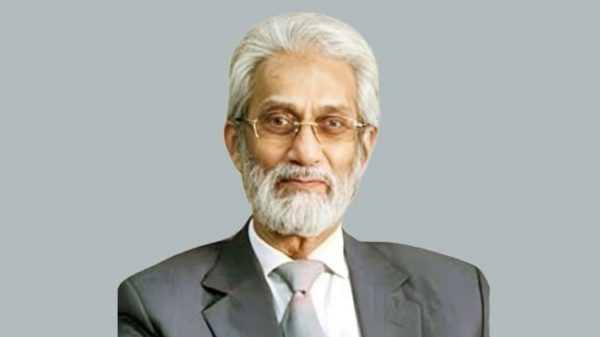
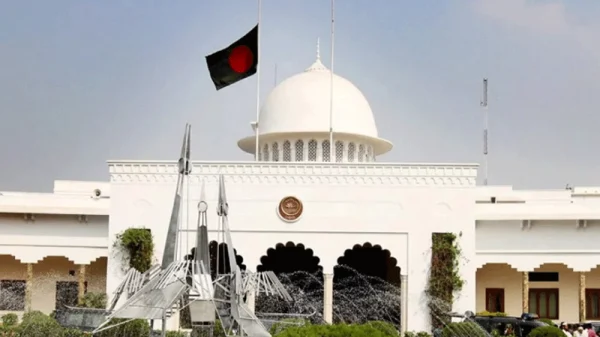

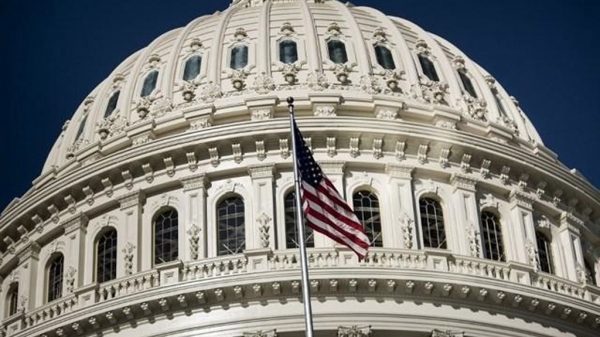
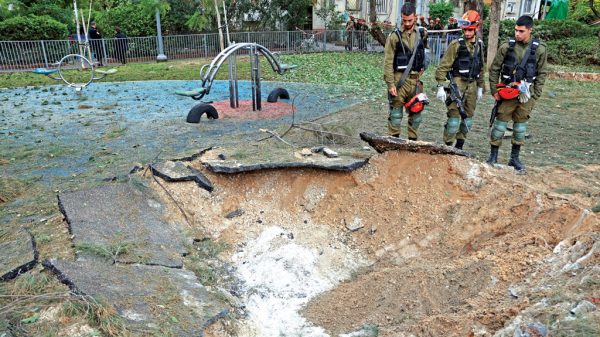
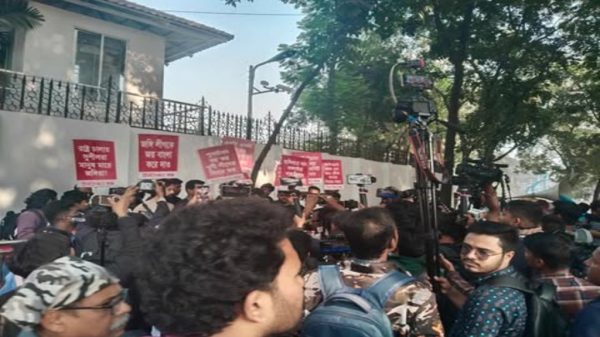

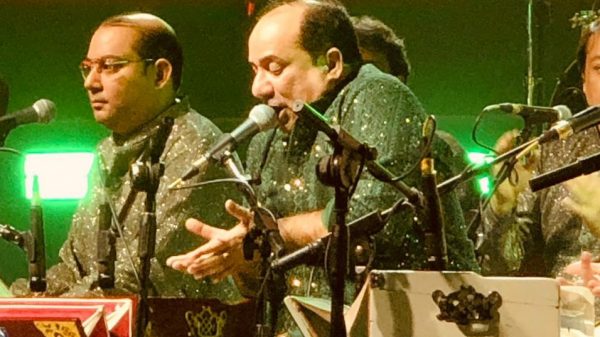
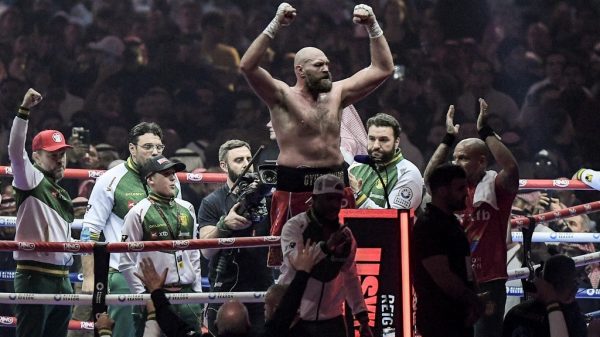
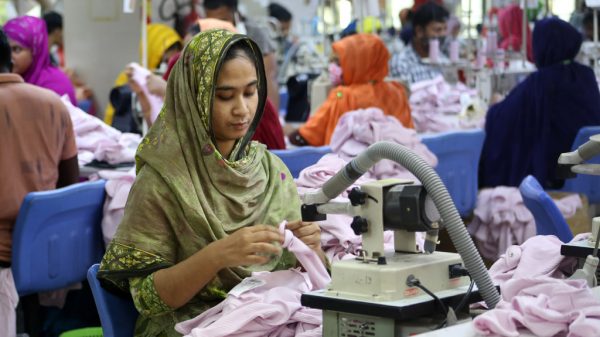











Leave a Reply